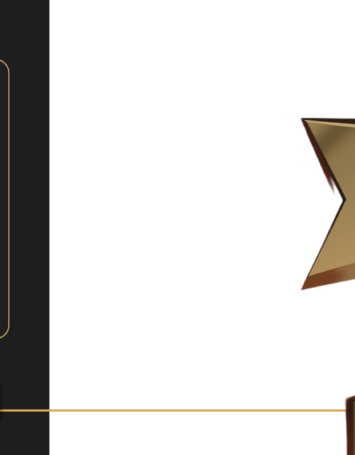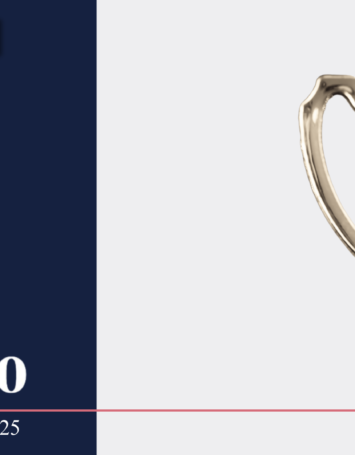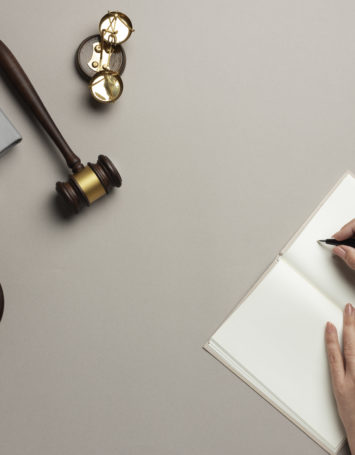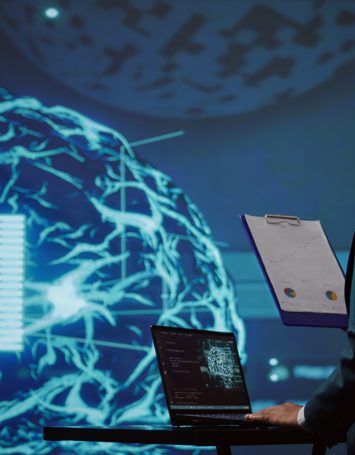Written by: Clyde Alvin Shuman and Caleb Gilliam-Scott
The recent Federal Circuit decision in K-fee System GmbH v. Nespresso USA, Inc., Case: 22-2042 (December 26, 2023) may have expanded the scope of patent prosecution history to be considered in determining whether patent prosecution estoppel or prosecution disclaimer exists. This practice note briefly reviews the facts and Federal Circuit decision, and then considers how the decision might affect both prosecution of non-U.S. counterparts of U.S. patents as well as litigation of those U.S. patents.
Background
Briefly, K-fee sued Nespresso, alleging infringement of three U.S. patents that describe and claim coffee-machine portion capsules that display information that, when read by a device associated with the coffee machine, can prevent the capsules from being used in incompatible machines. The district court issued a claim-construction order in which it construed, inter alia, “barcode,” present in every claim of the asserted patents. Nespresso then moved for summary judgment of non-infringement, arguing that its products did not meet the “barcode” claim limitations under the court’s construction and thus it did not infringe any asserted claims. The district court agreed and granted Nespresso’s motion.
On appeal, the Federal Circuit agreed with K-fee that the district court erred in construing “barcode,” and reversed the district court’s construction. As the erroneous construction of “barcode” was also the basis for the district court’s grant of summary judgment of non-infringement, the Court reversed that grant as well and remanded for further proceedings.
Relevant here, the district court referred to K-fee’s arguments in the European Patent Office (EPO), during prosecution of non-U.S. counterparts of the asserted patents, to reach its conclusion. Specifically, the district court, analyzing the statements in the EPO records provided to the PTO by K-fee during prosecution of one of the asserted patents, held that K-fee was subject to a prosecution disclaimer as to the meaning of “barcode,” based on its statements to the EPO.
Federal Circuit Holding
The particulars of the Federal Circuit’s analysis are not important for our purposes. What is important is that the Federal Circuit also considered K-fee’s arguments to the EPO and determined whether those arguments gave rise to a prosecution disclaimer. The Court said, “K-fee’s other statements to the EPO, however, demonstrate that the district court’s conclusion was too confining” and “K-fee’s remarks [to the EPO] all suggest that K-fee understood the relationship between barcodes and bit codes to be more complex than simply that bit codes cannot be barcodes.”
The Court concluded, “In sum, on the point in dispute, all that is clear from Kfee’s submission to the EPO about a relevant artisan’s understanding of ‘barcode’ is that barcode messages use bars of varying widths—a matter of visual appearance” and, applying U.S. law, “We conclude that K-fee did not act [before the EPO] with the clarity required either to prescribe a new meaning for ‘barcode’ or to disclaim any portion of the apparent meaning.”
The Court rejected Nespresso’s arguments that K-fee’s statements were “repeated, unequivocal, and unambiguous,” making a conclusion of prosecution disclaimer appropriate.
Application to Prosecution of Non-U.S Counterparts
Given differences in the patent law applicable in non-U.S. jurisdictions, and the possibility of different prior art rejections to overcome based on national prior rights, prosecution in non-U.S. jurisdictions can diverge from the strategies employed in the U.S.
From the European perspective, given that the EPO conducts its own prior art search and imposes stricter support requirements on amendments, European practitioners often find themselves having to make explanatory statements that would otherwise alarm their U.S. colleagues. As can be seen from K-fee, arguments in defense of the European patent application could have a detrimental impact on the enforcement of the patent in the U.S.
In the U.K., prosecution history is rarely relied upon by the courts, with Lord Hoffman having famously stated in Kirin-Amgen ([2004] UKHL 46) that “the meaning of the patent should not change according to whether or not the person skilled in the art has access to the file and in any case life is too short for the limited assistance which it can provide.” Sadly this is not the case in other jurisdictions, and thus a lined-up, international approach is needed.
Application to U.S. Patent Litigation
The application of the Federal Circuit’s holding in K-fee is nuanced. On the one hand, the Court did consider statements made during prosecution in the EPO of a non-U.S. counterpart of an asserted patent. On the other hand, the Court expressly noted that those EPO prosecution statements had been supplied to the USPTO during prosecution of one of the asserted patents.
The Court’s decision does not address the circumstance of a non-U.S. counterpart being prosecuted in, e.g., the EPO, but statements made there not being provided to the USPTO. That is, on its face, the Court’s decision is limited to a situation where statements made during the prosecution of a non-U.S. counterpart are provided to the USPTO.
Given that understanding, at this point, U.S. patent litigators need not search prosecution histories of non-U.S. counterparts for statements that may give rise to estoppel or disclaimer. The only relevant statements are those provided to the USPTO. However, the Federal Circuit may have opened the door to considering prosecution disclaimers of asserted U.S. patents based on statements made during the prosecution of non-U.S. counterparts. Accordingly, U.S. patent litigators would be well-advised to review the prosecution histories of any non-U.S. counterparts of asserted U.S. patents, for statements that may give rise to prosecution disclaimer or prosecution history estoppel.
At Pearl Cohen, we are well-suited to respond to the effects of the Federal Circuit’s K-fee decision both as it affects U.S. patent litigation and non-U.S. patent prosecution. Our experienced U.S. patent litigators and non-U.S. patent prosecutors will be able to incorporate the holding in K-fee into your litigation and prosecution needs, to your best advantage.



